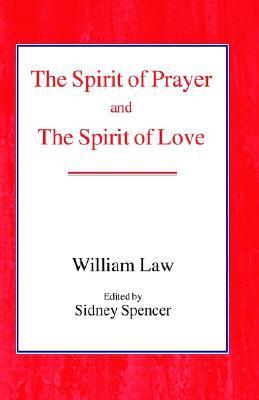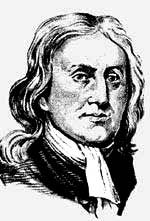
The Spirit of Prayer and the Spirit of Love
By William Law
2000
First Published
4.70
Average Rating
264
Number of Pages
William Law is best remembered today for his Serious Call to a Devout and Holy Life. To those interested in his spirituality, however, other works have greater impact, in particular The Spirit of Prayer and The Spirit of Love, which are considered the finest and most appealing. In the years in which they were written, his vision had reached its fullest and most characteristic development, and his literary power was at its height. It is in these books that the profound influence of Jacob Boehme can be most clearly seen. His great synthesis of the mystical outpourings and orthodox Christian theology, provide an English spiritual classic. Law's understanding and interpretation of mysticism was more original than traditional, being dynamic and creative. He believed in the life of God working from within, and the flame of divine love being a link with and an understanding of God. He conceived that mysticism was a matter of life, that relied on willing rather than knowing, and that ultimately rested on trust in God. Despite holding no official position he was widely regarded in his own time and later as a spiritual guide, and his trilogy The Spirit of Prayer, The Spirit of Love and The Way to Divine Knowledge was the mature expression of his theology and religion.
Avg Rating
4.70
Number of Ratings
10
5 STARS
80%
4 STARS
10%
3 STARS
10%
2 STARS
0%
1 STARS
0%
goodreads
Author

William Law
Author · 7 books
William Law (1686 – 9 April 1761) was a Church of England priest who lost his position at Emmanuel College, Cambridge when his conscience would not allow him to take the required oath of allegiance to the first Hanoverian monarch, George I. Previously William Law had given his allegiance to the House of Stuart and is sometimes considered a second-generation non-juror (an earlier generation of non-jurors included Thomas Ken). Thereafter, Law first continued as a simple priest (curate) and when that too became impossible without the required oath, Law taught privately, as well as wrote extensively. His personal integrity, as well as mystic and theological writing greatly influenced the evangelical movement of his day as well as Enlightenment thinkers such as the writer Dr Samuel Johnson and the historian Edward Gibbon. Law's spiritual writings remain in print today.